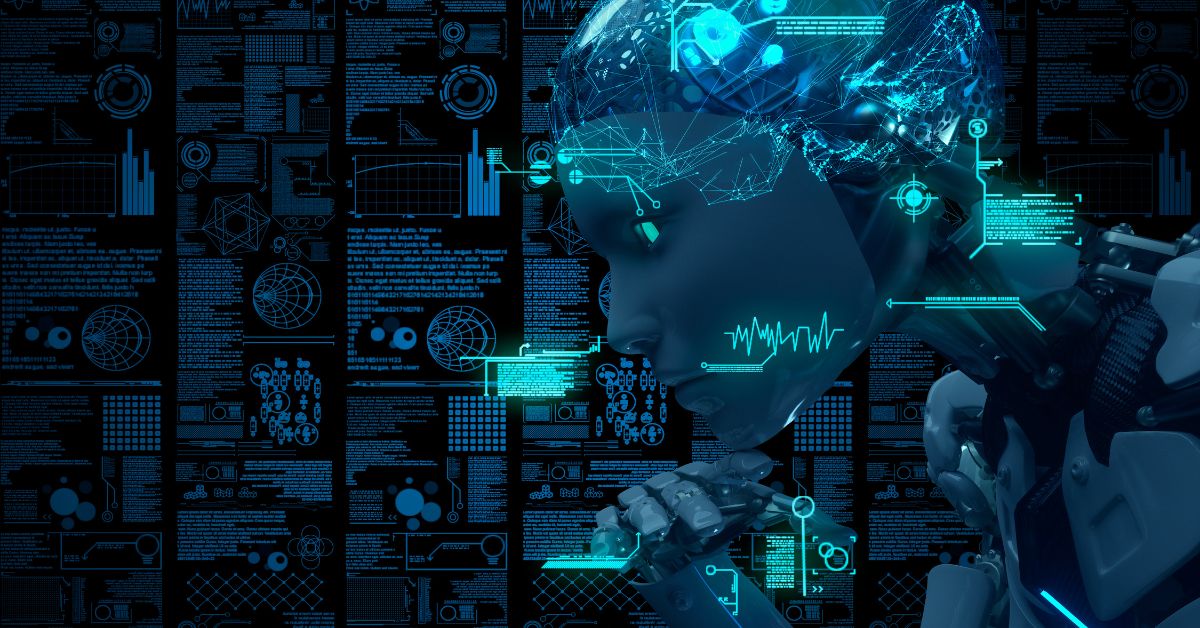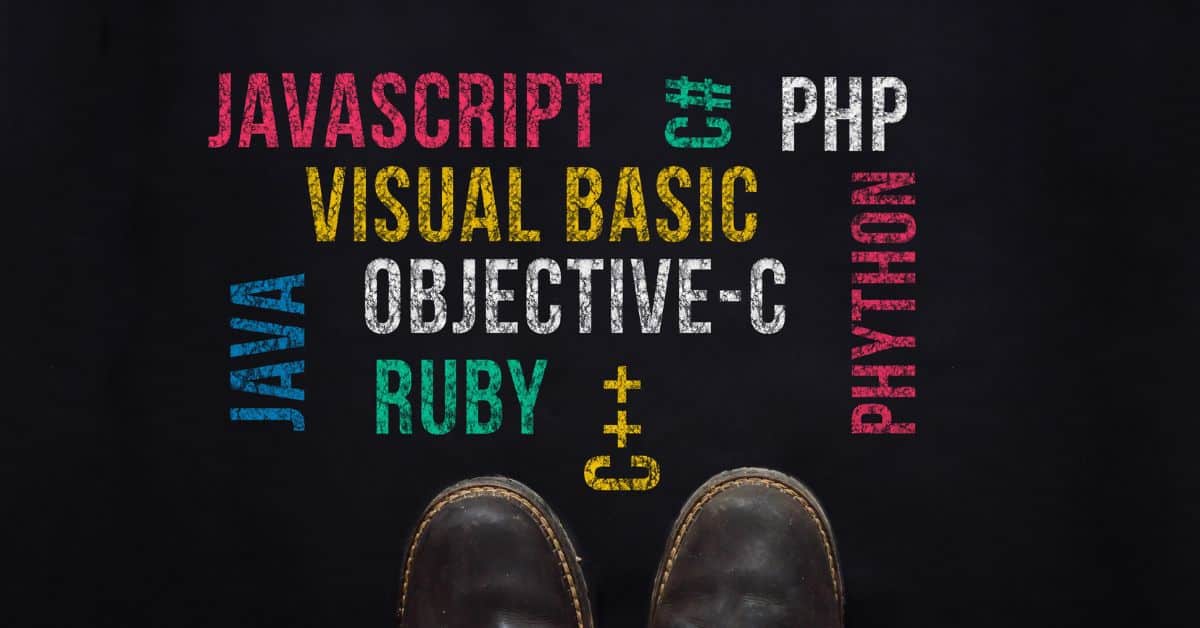In the not-too-distant future, artificial intelligence (AI) will likely assume a more central role in our personal and professional lives. In the not-too-distant future, artificial intelligence (AI) will likely assume a more central role in our personal and professional lives. For many decades now, AI has been used as a means to enhance human intelligence. It has also been used for military purposes, especially in drone warfare. Artificial Intelligence is rapidly overtaking its previous use cases and becoming self-aware.
What is Artificial Intelligence?
Artificial intelligence (AI) is the ability of machines to generate and understand complex human language. Artificial intelligence is the ability of machines to generate and understand complex human language. It is the ability of machines to reason, make decisions and learn from data. It is often contrasted with the intelligence of humans, and is therefore used to define the difference.
How Does AI Work?
The process of creating AI is long and research-intensive. To create a truly intelligent system, you need to understand how the human mind works. If you understand how a person thinks, you can create an AI system that mimics human behavior. Some of the most important aspects of AI are programming, hardware and software engineering. You can find more detailed information about how AI works and how it can be used in different industries and for different applications in the book “Artificial Intelligence – A Modern Approach“, written by B.J. Fogg and Graham Cluley.
Self-Awareness in AI
One of the most important aspects of AI is self-awareness. This refers to the capability of AI to “see” the world around it. The AI system must be able to perceive, understand and make judgements based on the data it collects. It must be able to make sense of the data it receives and act on it accordingly. It should be noted that the road to self-aware AI is long and winding. It will likely face a steep learning curve and be used to limited environments. It will also likely be susceptible to changes in mindset and cultural pressures.
When is AI Going to be Utilized?
Artificial intelligence is already being used in a number of applications. Most notable are the self-driving car, robots that fight to humans’ orders and machine learning. However, AI is also being used to enhance human intelligence and shape future human decisions.
Machine learning and AI are already being used to make human decisions. However, the capacity for this to happen automatically and with a high degree of accuracy is limited.
Some of the Benefits of Using AI
Artificial intelligence has the potential to completely transform our way of life as we know it. It could lead to fewer employees needing to be dispatched to various jobs around the world due to advancements in AI. It could also lead to more efficient use of resources and a reduction in the number of accidents and deaths that occur as a result of human error. These benefits are possible because of the capabilities of AI.
Some of the disadvantages of Using AI
One of the biggest disadvantages of using AI is the fact that it has not been programmed with a sense of humor. This means that even though AI can do amazing things, it will never be as smart or as funny as a person. Another disadvantage of AI is that it will always try to better itself. This means that even though AI can make mistakes, it will learn from its mistakes and correct them.
This is good because it means that AI will be a better version of itself each time. Another disadvantage of AI is that it is not easily transferable from one industry to another. This means that even though AI can do many things, it will probably never be used to replace human beings.
Conclusion
Artificial Intelligence is rapidly approaching its previous use cases and becoming self-aware. This does not mean that AI will become a conscious being, as that is far-off and unrealistic. But, it can achieve self-awareness and thereby become a conscious species.




